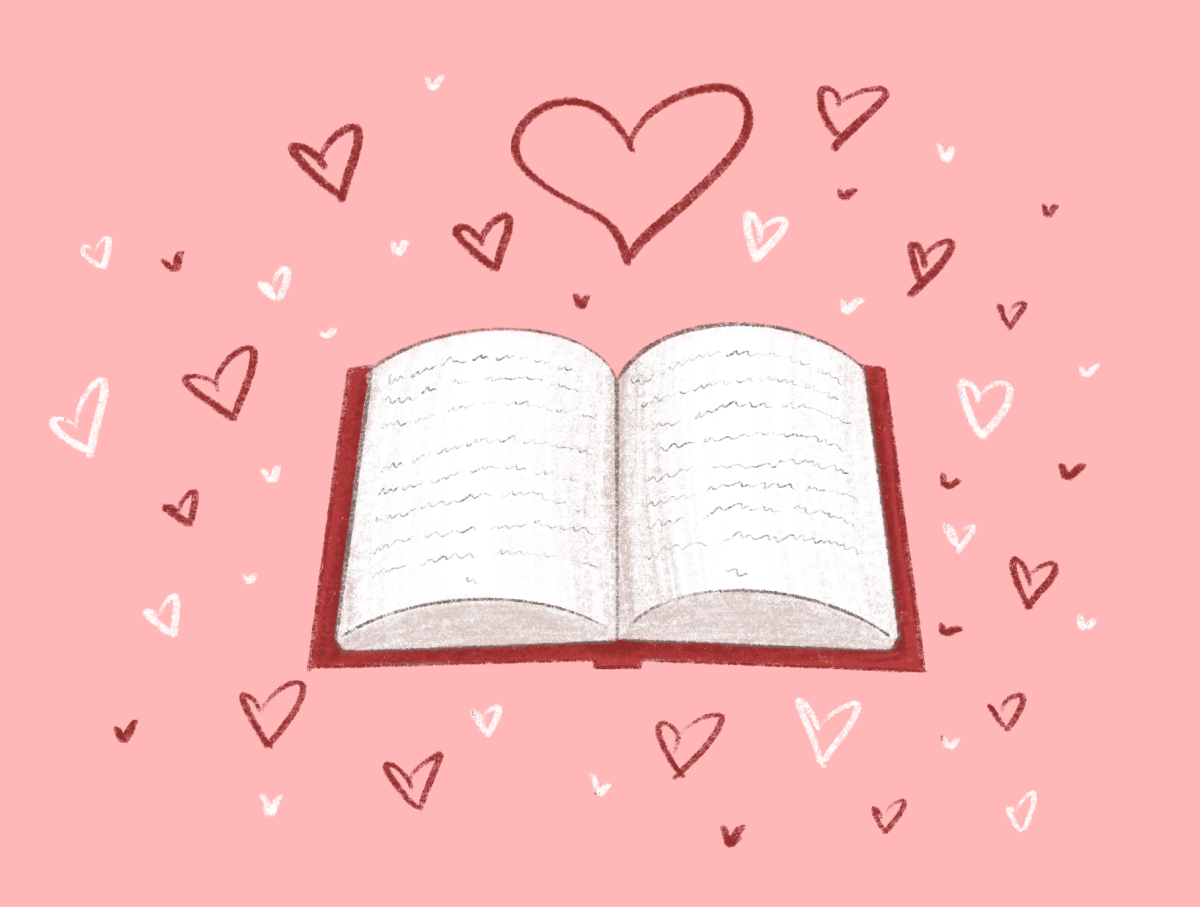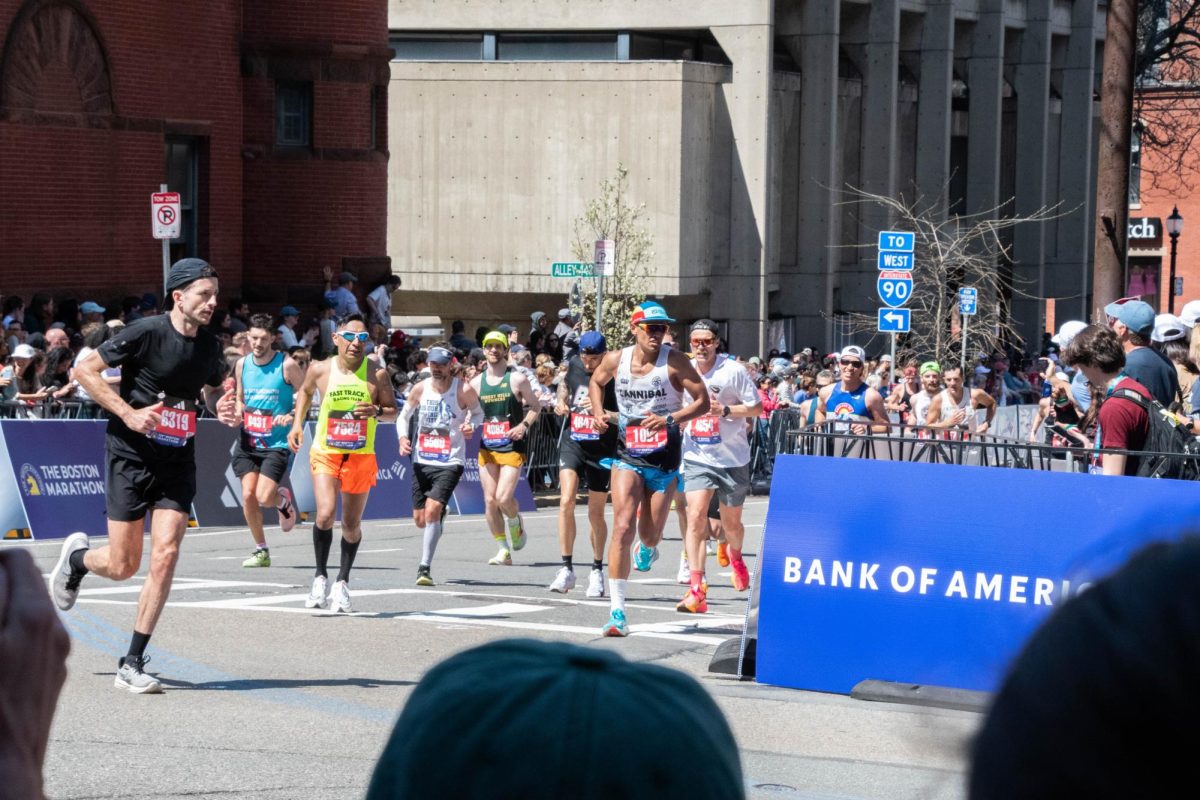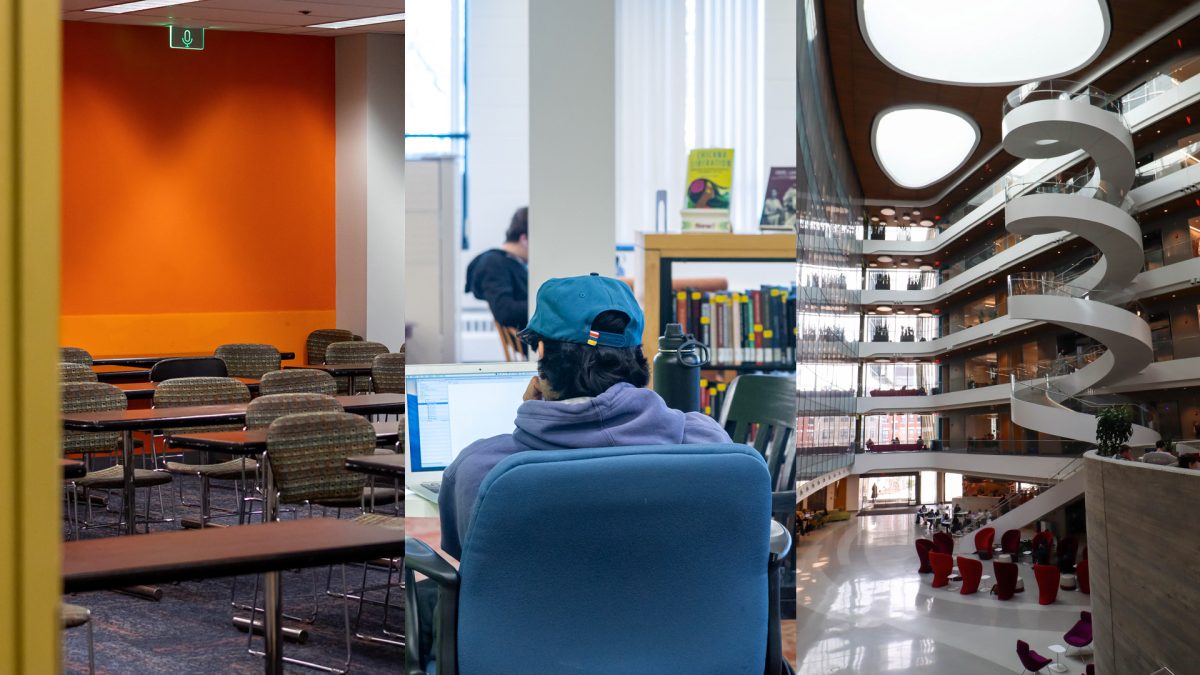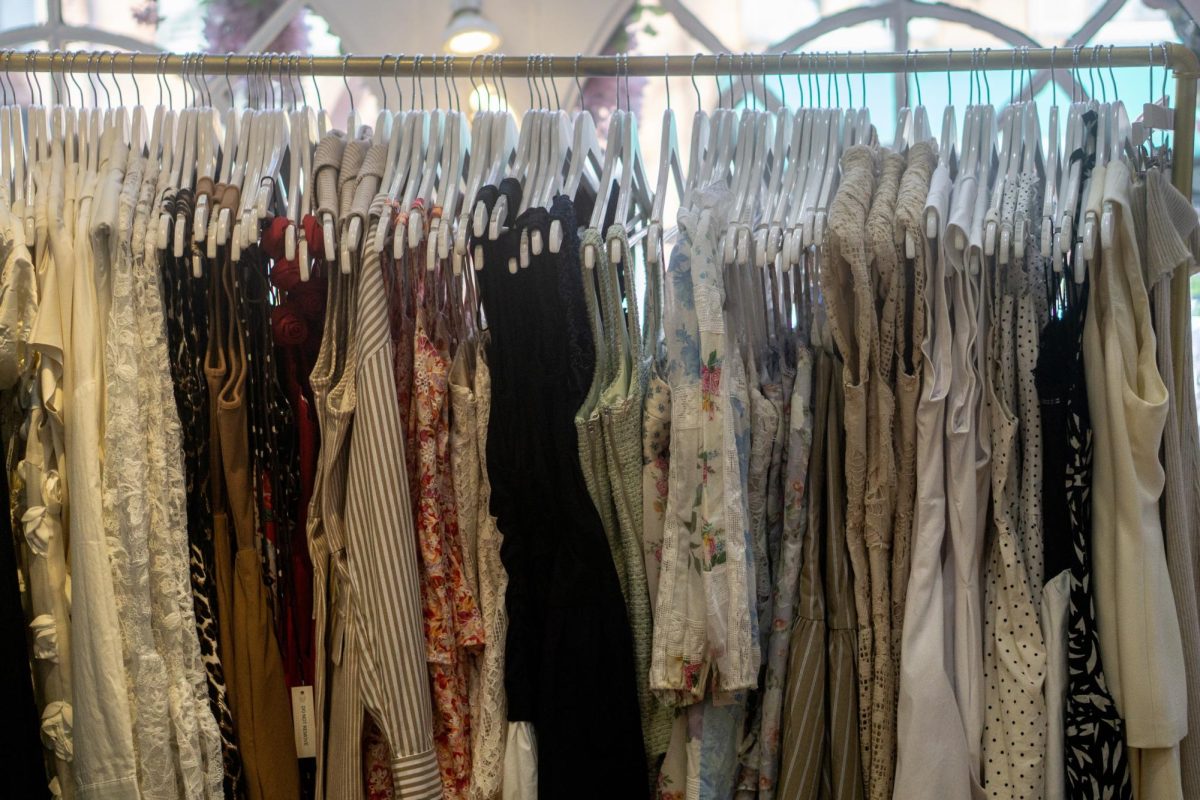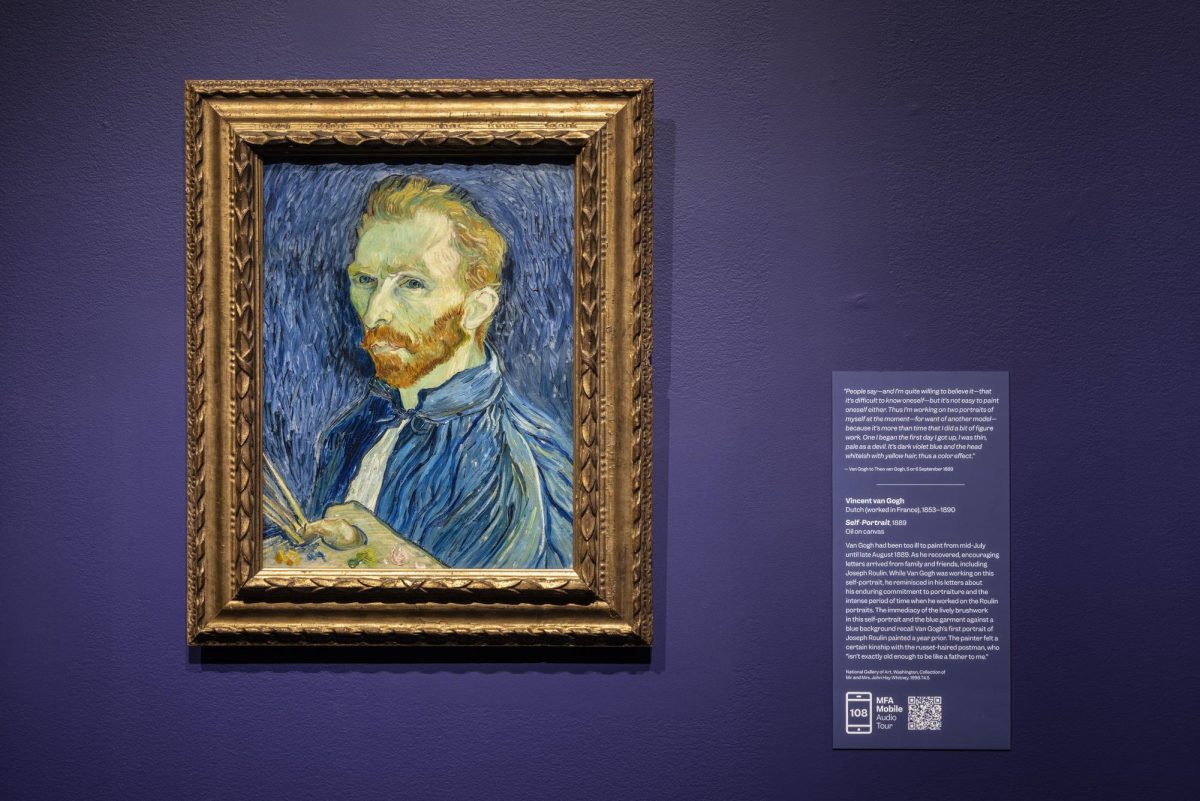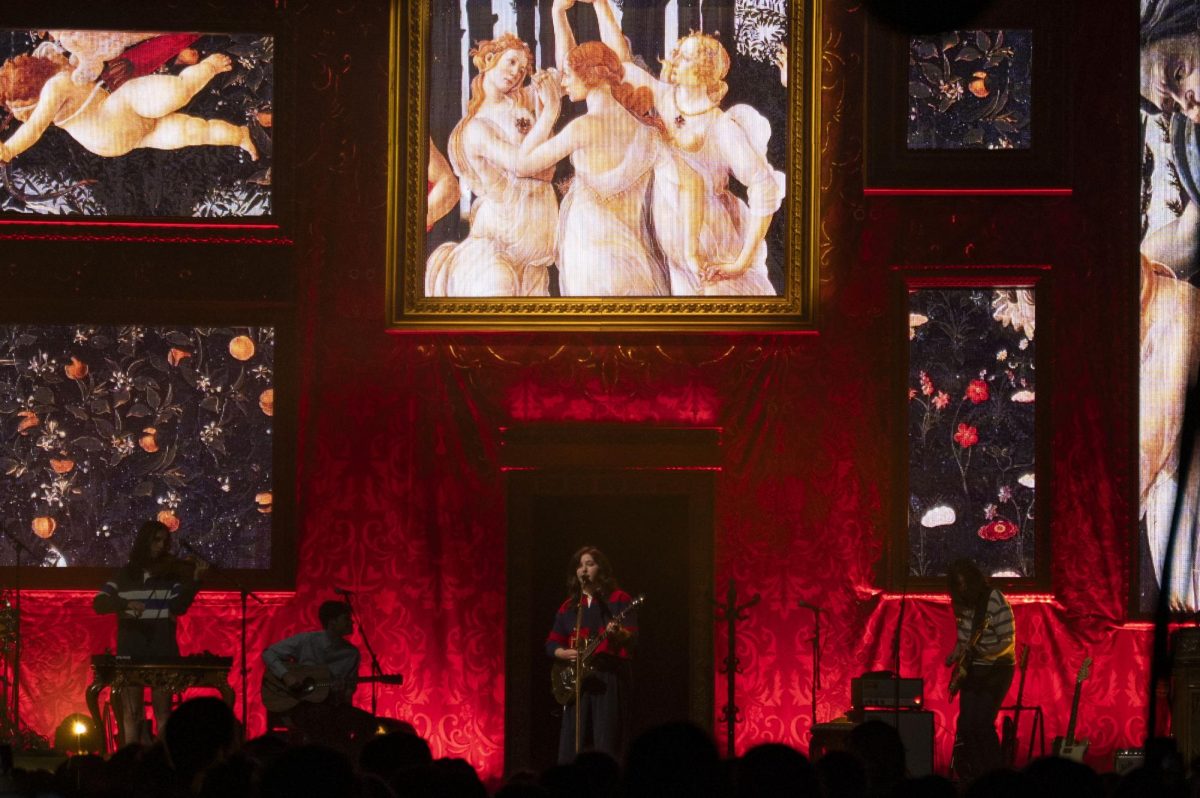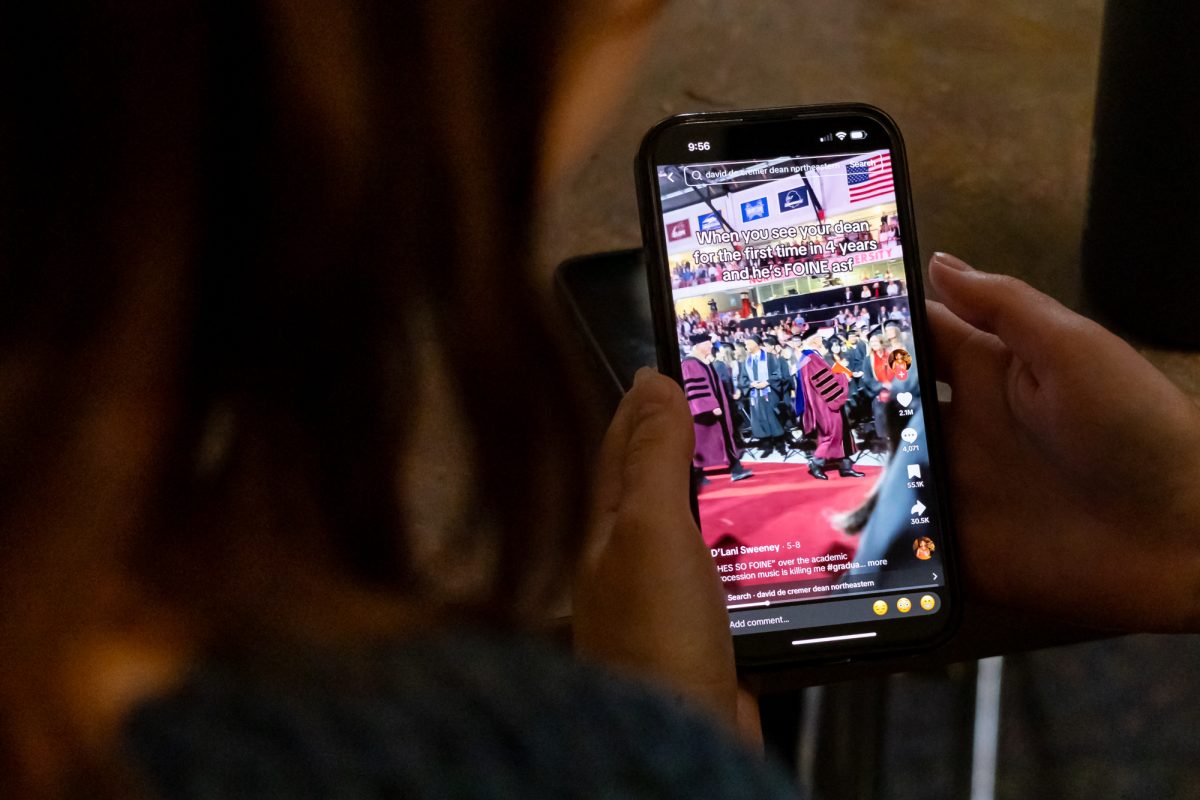By Connie E
I am someone with a million interests who dreams of making use of every opportunity life has to offer. Unsurprisingly, what comes with this high-spirited, fast-paced lifestyle is the constant risk of stress overload and burnout. I regularly find myself devoting too much energy to decision-making or beating myself up for failing to tick off all the items off my to-do list. It was the violin that taught me the art of living a balanced life.
I first started playing the violin at the age of six simply because it makes a beautiful sound and is more portable than a piano or cello. Like most of my peers, however, my curiosity started to fade away in my second year of studying it because of the hours of monotonous practice required to bring my playing to the next level.
The first turning point was when I moved to a boarding school away from home at the age of 12. You might think that the “being let go” moment had finally come and I would be the happiest kid on the planet, not having to practice anymore. Somehow, though, I felt empty without the violin and started to wonder: Why did I want to play an instrument in the first place? What was the purpose behind it?
I started to realize how those years of unwilling practice made the violin a part of my life and shaped me as a person. I found that music is the greatest encyclopedia of life—it teaches you about empathy, self-discipline and creativity, all through those black-dotted notes on paper. I was able to experience composers’ deepest feelings and emotions through playing their music, having imaginary conversations with them just like a friend.
Three years later, I moved again to attend high school in the United Kingdom. Faced with academic challenges, culture shocks and language barriers in my first year abroad, there were countless times when I felt overwhelmed and lonely. Violin was my medium to connect with people, balance my academic life and, most importantly, rediscover myself.
Another turning point in my life came with my decision to come to Boston for college. Here, I realized that playing music is not only enjoyable but has the power to change lives and create social change.
Yo-Yo Ma, arguably one of the most famous cellists of our time, has been a major inspiration of mine. He founded a group named Silk Road Ensemble in which musicians play instruments from around the world and appreciate each other’s cultures without even speaking the same language. To me, music is the world language that has the potential to help facilitate dialogues and break down cultural barriers in some of the most troubled parts of the world today. This is where music and social change cross over.
I was fortunate enough to have found my passion and anchored myself to it. Whatever yours is, I invite you to reflect on your trajectory and rediscover some of the hidden meanings behind it.
Connie is a sophomore studying politics, philosophy and economics. She will be speaking about the healing power of music at Changemaker Stages on Oct. 4 as part of their Peace and Social Justice Week.
Photo courtesy Nick Page, Creative Commons



